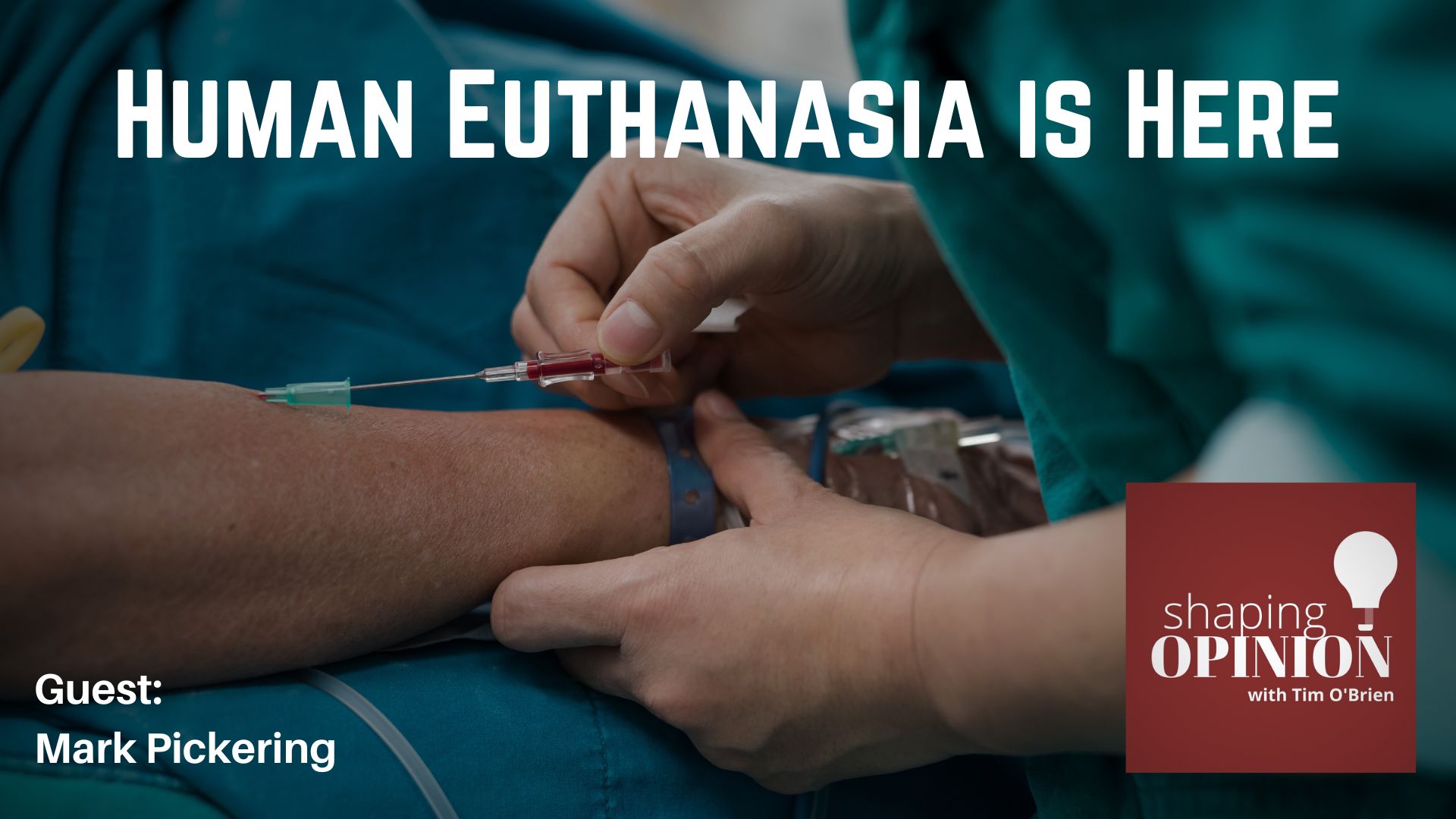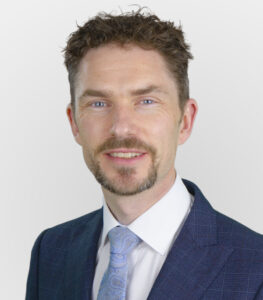Dr. Mark Pickering joins Tim to talk about the disturbing spread of and interest in human euthanasia throughout western cultures, particularly in Canada, the U.S., and the U.K. Mark is a general practitioner of family medicine. He focuses his work on prisons and other similarly secure facilities. In addition, he is the head of the Christian Medical Fellowship in the United Kingdom. In this conversation, we talk about the myths and the realities of assisted suicide.

In 1997, the state of Oregon passed the Death with Dignity Act, which allowed the medically assisted suicide for people who were terminally ill. Since that time, over 3,280 people received prescriptions for legal doses of medications under the act’s provisions. The state reports that of those who received prescriptions, 2,159 people actually took the medications and died from the lethal dosages.
Since 1942, the nation of Switzerland has allowed assisted suicide. But according to the government, it only allows this form of euthanasia so long as, “the motives are not selfish.”
Closer to home, in Canada in 2016, the Canadian government legalized medical assistance in dying. The acronym for this is MAID.
The Canadian Supreme Court had decided that existing laws that prohibited assisted suicide were an afront to individual rights.
Here’s how the MAID program started. Medical professionals – doctors and nurses – would administer lethal injections or fatal medications to patients who met a specific criteria.
The individual had to have a serious illness or disability; the individual had to be in what the government described as an “advanced state” of decline that could not be reversed; the individual had to be experiencing unbearable physical or mental suffering; or the individual had to be at the point where natural death had become “reasonably foreseeable.”
Notice that nowhere in Canada’s original requirements did the individual have to be terminally ill.
But that was just the beginning. Before long, anyone who wanted help with suicide was able to get it. Canadians who were depressed, stressed, or just economically poor or in a state of mental distress could get help with their own suicide.
In 2021, the government relaxed the condition that that natural death must be “reasonably foreseeable.”
After that, the stories of Canadians being presented with suicide as a medical option included some who were just temporarily homeless or in some kind of pain that otherwise could be treated.
Consider the story of Alan Nichols. When he was a child, he lost his hearing. He had had a stroke. But overall, at 61 years old, he was able to live on his own.
Then in 2019 he was admitted to the hospital over concerns that he might be at risk of committing suicide. He was mentally unstable. Not in his right mind. While he was in the hospital, he pleaded with his brother Gary to get him out of the Canadian hospital.
Over the course of the next four weeks, he then was reported to have applied for medically assisted suicide under the MAID program. The only medical condition he listed as his reason for wanting to die was being hard of hearing.
Instead of treating Nichols’ obvious mental instability, the hospital supported his desire to kill himself and provided its own justification. It said Nichols had some vision loss, that he was frail, that he had a history of seizures and in their words, he had a “failure to thrive,” whatever that means.
The hospital framed the process as Nichols requesting to die by lethal injection, and it saw that rationale as valid. The procedure was carried out expeditiously.
When the Associated Press talked to Nichols’ brother Gary, he said that his brother Alan, “was basically put to death.”
Inmates on death row are forced to wait much longer.
Mark Pickering is on the front lines of this issue. He is involved with a group called Care Not Killing. This is a UK-based alliance of individuals and organizations that bring together disability and human rights groups, healthcare providers and faith-based bodies to promote more and better care, to ensure that existing laws against euthanasia and assisted suicide are not weakened or repealed. And to influence the balance of public opinion against any further weakening of the law.
Links
- Christian Medical Fellowship (Website)
- Opposing Views: Assisted Dying – Mercy or Murder? (Mikhaila Peterson Podcast – Ellen Wiebe v. Mark Pickering)
- Canada’s MAID Law
- David Hunter: British Expat Guilty of Cyprus Mercy Killing Visits Wife’s Grave for the First Time After Prison Release, Sky News
- Disturbing: Experts Troubled by Canada’s Euthanasia Laws, Associated Press
About this Episode’s Guest Mark Pickering
 Dr Mark Pickering is the CEO of the Christian Medical Fellowship, and often speaks on behalf of the Care Not Killing Alliance. He graduated as a medical doctor in London in 1999. Since 2002 he has been with the UK Christian Medical Fellowship. From 1998-2003 he was Student Secretary of the International Christian Medical and Dental Association (ICMDA).
Dr Mark Pickering is the CEO of the Christian Medical Fellowship, and often speaks on behalf of the Care Not Killing Alliance. He graduated as a medical doctor in London in 1999. Since 2002 he has been with the UK Christian Medical Fellowship. From 1998-2003 he was Student Secretary of the International Christian Medical and Dental Association (ICMDA).




